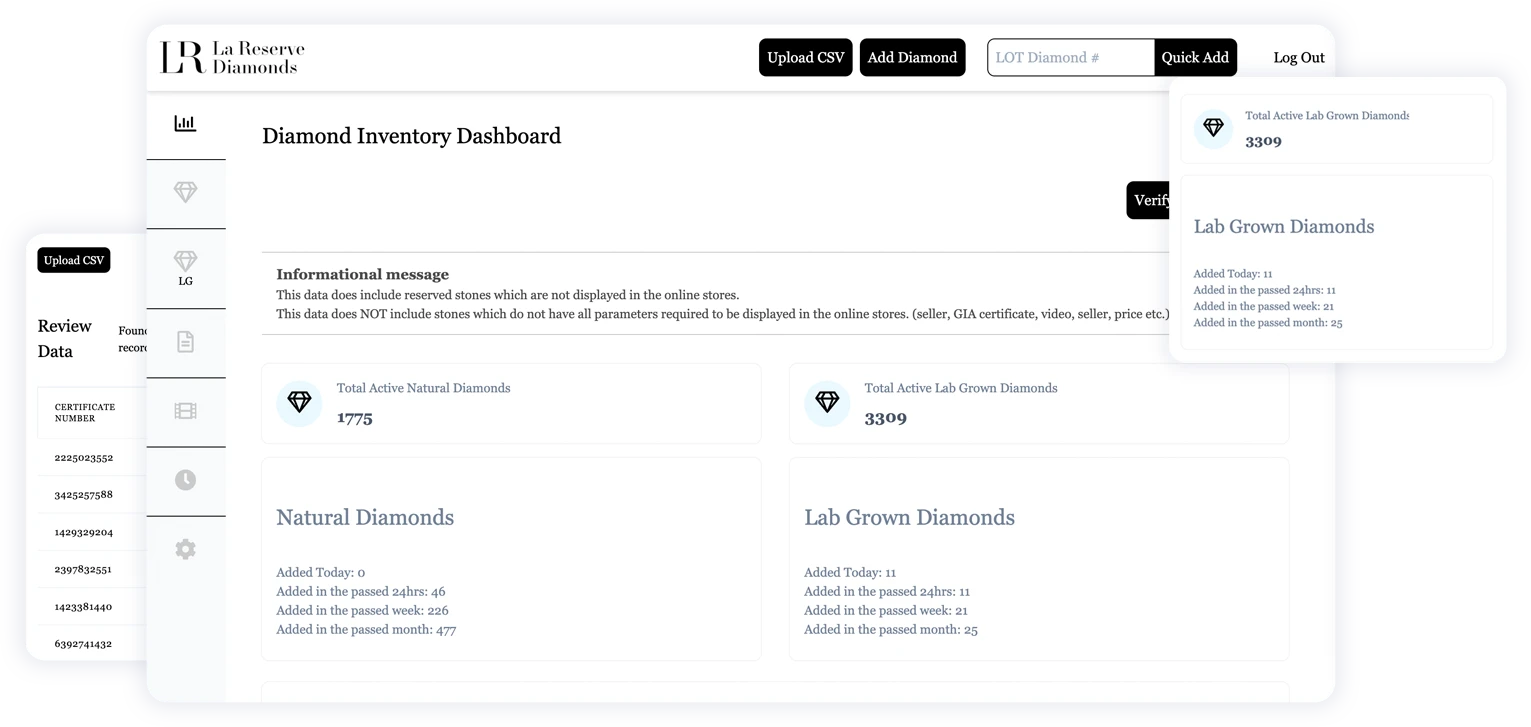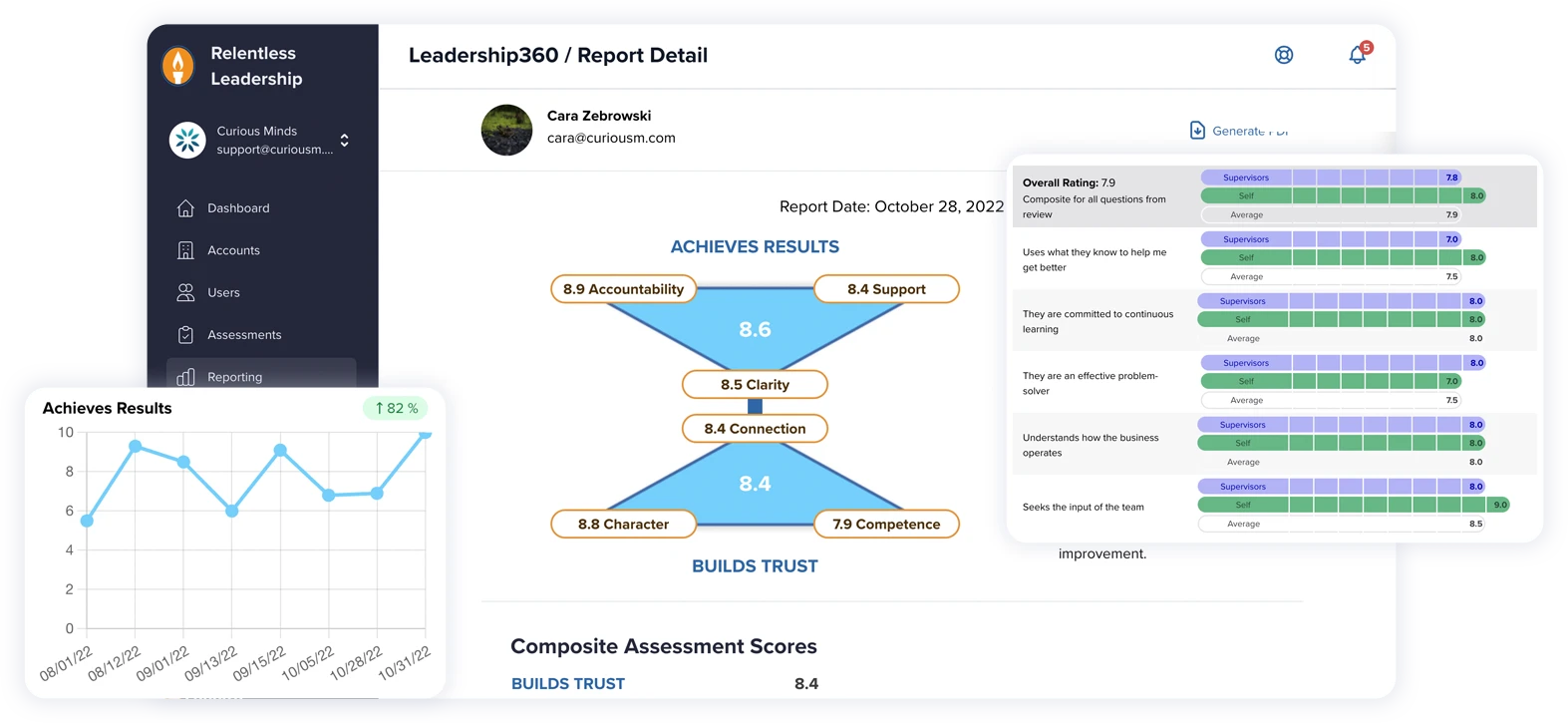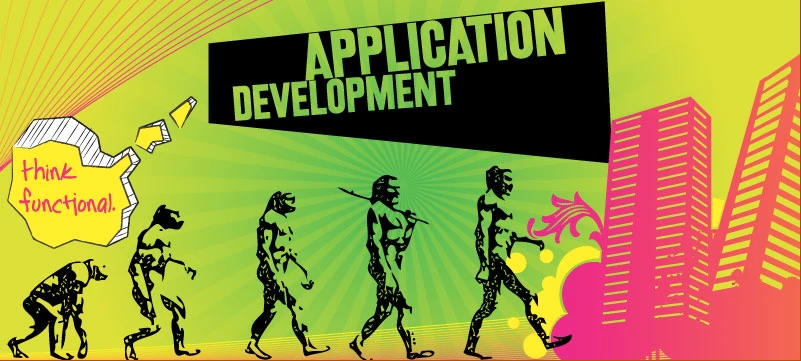Publishing demands adaptability and collaboration to thrive. WordPress publishing tools provide a robust framework for media teams to enhance their workflows. Whether you're steering a busy newsroom or maintaining a specialized blog, WordPress's built-in tools and integrations can dramatically boost your team's efficiency. Let's explore how this powerful platform can refine your editorial operations.
From scheduling content and setting precise user permissions to integrating with the likes of Slack and Google Workspace, WordPress provides everything you need to stay organized. Consider leveraging the power of content scheduling plugins such as Edit Flow and PublishPress to effectively plan and manage your content pipeline. Embrace the robust capabilities built into this platform, and watch your publishing team reach new heights of efficiency and synergy.
User Roles and Permissions: Enhancing Collaboration and Security
Clear role definitions are crucial for seamless collaboration and enhanced security. WordPress excels here by offering an intuitive user management system. It supports defining precise roles such as Authors, Editors, and Administrators within your team. Each role comes with distinct capabilities, ensuring team members can focus on their tasks without unnecessary access to critical features, thereby enhancing security.
The User Role Editor plugin is a popular choice for customizing these roles to fit your workflow perfectly. With its checklist interface, you can easily assign specific capabilities to user roles—providing a tailored experience for each team member. This flexibility is invaluable for media managers who need their teams to act swiftly and efficiently.
Multicollab, another powerful tool, takes this a step further. It not only manages permissions but also streamlines content collaboration with features like real-time co-editing and interactive feedback. Imagine ensuring that all input is collaborative yet secure with prompt email notifications whenever someone is tagged. Such features are particularly beneficial for larger teams, fostering a culture of cooperation while keeping the content safe and organized.
By leveraging these tools, you ensure that your publishing team is not only organized but also empowered to collaborate creatively. This enhances overall workflow efficiency, allowing your editorial operations to run like a well-oiled machine. Adopt these practices, and experience a boost in both productivity and security within your editorial team!
Content Scheduling and Automation: Streamlining Post Timing and Distribution
Imagine bypassing the hassle of manual post publishing with WordPress’s powerful scheduling and automation capabilities. These built-in features and third-party plugins like PublishPress revolutionize the way you approach content distribution. For busy editors and publishers, automation is not just a convenience; it's a critical asset in the editorial toolkit.
With reliable plugins, posts can be scheduled to go live at optimal times, ensuring maximum reach and impact. Timing your posts effectively can drastically boost engagement and consistently drive traffic. This strategic scheduling lends itself beautifully to growth in audience numbers and an improvement in SEO rankings.
Moreover, integrating WordPress publishing tools like content scheduling into your workflow creates a consistent publication calendar. This reliability turns one-time visitors into loyal followers, who know precisely when to expect fresh content. As a modern publisher, this consistency can set you apart in a crowded digital landscape.
Some plugins even offer functionalities like drag-and-drop interfaces, making the whole scheduling operation even more intuitive. Such a setup allows you to effortlessly plan not just blog content but also synchronize your social media posts, all from the same platform. It's the type of all-in-one solution that epitomizes efficiency in editorial management.
Elevate your content management with these groundbreaking tools. Adopt and beloved these methodologies to ensure that your editorial team isn't bogged down by operational logistics, and can instead focus on crafting compelling stories. Through automation, you empower your team to boost productivity and maintain the integrity of your publishing schedule without a hitch.
Integration with Collaboration Tools: Facilitating Seamless Teamwork
WordPress stands out as a robust platform, particularly when it comes to integrating with collaboration tools that can revolutionize how your editorial team works together. If you're seeking to streamline team communication and workflows, here are some ways WordPress can help.
First off, consider integrating WordPress with Slack. With plugins like Slack Notifications, you can set it up to send you updates right into your Slack channels the moment a post goes live or gets updated. That will keep your team in the loop in real time and assure seamless and immediate communication.
Moreover, WordPress can be synced with Google Workspace. With plugins such as Zapier, it's possible to automatically send updates to a Google Sheet when a new post goes live or add new content ideas from Google Docs into your WordPress drafts list. The potential synergy here lets you access Google's suite of productivity tools, making it even easier to create and manage content.
For project management, consider aligning WordPress with Trello. Through integrations, team members can move tasks across Trello boards, update checklists, and track content status directly from WordPress. This setup offers a visual overview of the content pipeline, letting your team stay organized and proactive.
Ultimately, these integrations prevent bottlenecks and facilitate a culture of collaboration and productivity. This bridge of WordPress with these tools empowers your editorial team to pay more attention to creativity and less to the logistic obstacles to be overcome and thus achieve a smoother and more coordinated workflow.
Editorial Calendar Plugins: Planning and Managing Content Pipelines
Editorial calendar plugins have revolutionized the way publishing teams plan and manage content pipelines. By integrating with WordPress, these plugins allow you to visualize your editorial schedule, making it easier to see the big picture for your content strategy. One of the standout features of these tools is their ability to provide a clear and organized view of your upcoming posts and deadlines.
Take Edit Flow, for instance. This plugin offers a suite of tools that enable you and your team to collaborate efficiently. It includes a visual calendar to track content timelines, alongside features like Custom Statuses and Editorial Comments. This means you can easily manage the entire editorial process from pitch to publication – all within your WordPress dashboard.
Similarly, PublishPress is another popular choice, particularly for its detailed Content Calendar available right within the WordPress admin area. This solution not only helps organize content but also aids in resource allocation. As a manager, you can assign tasks to different team members, ensuring everyone knows their specific roles and responsibilities.
These plugins save precious time traditionally spent tracking and managing editorial workflows. They offer features like drag-and-drop rescheduling of posts, enabling quick adjustments to your content plan as necessary. This flexibility ensures that your team can adapt swiftly to changing priorities or unexpected developments, without missing any important deadlines.
For modern publishers, integrating content scheduling plugins into your WordPress setup is an investment in productivity, helping streamline both content creation and collaboration.
Empowering Your Publishing Team with WordPress
By leveraging WordPress’s versatile ecosystem, your editorial workflow can transform into a well-oiled machine. Tools like Edit Flow and PublishPress enhance content pipeline visualization, allowing you to allocate resources effectively and ensure timely publication. Through clear user roles and permissions, your team collaborates securely and with precision. With smart scheduling and automation, you streamline post timing, maintaining consistent audience engagement.
Dive into the world of WordPress integrations with essential collaboration tools like Slack, Google Workspace, and Trello, ensuring your team remains connected and efficient no matter where they are. Embrace these WordPress capabilities to elevate your editorial operations, freeing up creativity and coherence in your content strategy. Adopting these tools and integrations isn’t just about simplicity; it’s about empowering your team to focus on what they do best—producing compelling content. WordPress is more than a platform; it’s your partner in publishing success.



















